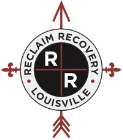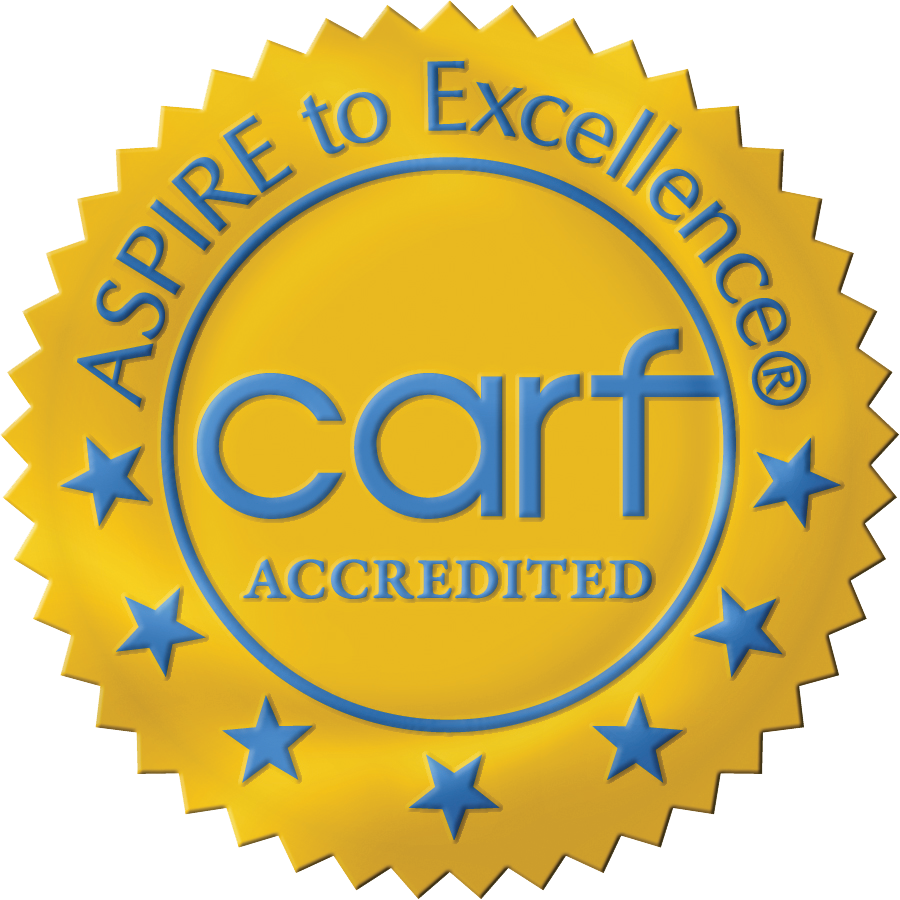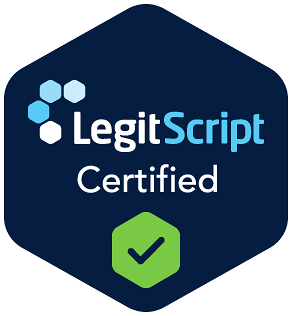Our Blogs

How Long Does Addiction Recovery Take? Timelines and Treatment Phases Explained
When someone makes the brave decision to seek treatment for substance use, one of the most common questions is: “How long does recovery take?” While it’s understandable to want a concrete timeline, the reality is that addiction recovery is not linear—it’s a personal and evolving process. At Reclaim Recovery Louisville, we help individuals understand what to expect by outlining the stages of recovery, the factors that influence timelines, and the value of a long-term support system.
Understanding Recovery Is a Journey, Not a Deadline
Addiction affects each person differently. Recovery timeframes depend on several factors including the severity of the addiction, the type of substance used, mental health conditions, and the person’s environment. Some individuals may begin to feel stable after a few months, while others require a longer path to reach consistent sobriety and emotional balance.
There is no quick fix—and trying to rush the process often leads to setbacks. Instead, lasting recovery is built in layers: detox (when necessary), intensive treatment, and long-term support.
The General Phases of Recovery
While recovery is highly individualized, it often follows a predictable set of phases that can help guide expectations:
Early Recovery (0–3 Months)
This stage focuses on stabilization. Clients work to break the cycle of active addiction and begin adjusting to a life without substances. Cravings may be intense, and structured support is essential.Active Recovery (3–12 Months)
This is a time of deep work. Individuals in this phase attend outpatient programs, engage in therapy, and begin rebuilding relationships. Triggers are explored, and new coping mechanisms are developed.Maintenance Phase (1–2 Years)
The maintenance phase emphasizes continued growth. Clients practice relapse prevention skills, attend ongoing therapy or alumni groups, and continue rebuilding purpose in their lives.Long-Term Recovery (2+ Years)
Recovery becomes integrated into a person’s identity. The focus shifts from avoiding relapse to pursuing goals, maintaining mental wellness, and helping others through service or peer support.
Factors That Influence Recovery Timelines
Not every client will follow the same roadmap. Some key factors that influence the length of addiction recovery include:
Type of substance used (e.g., alcohol, opioids, methamphetamine)
Co-occurring mental health conditions
Home and social environments
Access to continued care and support
Level of personal motivation
At Reclaim Recovery Louisville, we tailor every treatment plan based on a clinical assessment and what’s most appropriate for each person’s phase of life and readiness.
The Role of Continued Care
Many individuals benefit from structured programs even after completing formal treatment. These can include:
Intensive Outpatient Programs (IOP) to balance treatment and daily life
Outpatient therapy and group support
Alumni networks and sober living options
Ongoing case management and Medicaid support
What matters most is not how fast someone completes treatment—it’s whether they have the resources, tools, and community support to stay on track.
Why Flexibility Matters in Recovery Planning
Expecting a fixed “90-day cure” sets many people up for disappointment. At Reclaim Recovery Louisville, we emphasize flexibility and long-term strategy. Some clients thrive in outpatient care after just a few weeks, while others benefit from a longer stay in structured programs before they feel ready to transition.
Our team continually reassesses progress and adjusts the treatment path as needed. With our Medicaid-friendly approach, we ensure that financial limitations don’t get in the way of the time someone truly needs to heal.
Take the First Step, One Day at a Time
You don’t have to know how long your recovery will take to begin it. What matters is taking the first step and building momentum from there. At Reclaim Recovery Louisville, we walk with you through every phase—offering personalized care, expert guidance, and a compassionate community that believes in your ability to reclaim your life.
Frequently Asked Questions (FAQ)
1. Is there a standard timeline for addiction recovery?
No. Recovery timelines vary widely depending on personal, clinical, and social factors. Some individuals stabilize in a few months, while others take years.
2. What’s the shortest treatment length I can expect?
Some outpatient programs may last as little as 30 days, but evidence shows longer engagement (90 days or more) is more effective for long-term recovery.
3. Can I work or attend school during recovery?
Yes. Programs like Intensive Outpatient (IOP) at Reclaim Recovery Louisville are designed to support clients while they continue their daily responsibilities.
4. What happens after I complete outpatient care?
We offer aftercare support including therapy, relapse prevention planning, and peer group connection to maintain momentum.
5. Does Kentucky Medicaid cover long-term treatment?
Yes. We help clients qualify and maintain Medicaid so they can access care without interruption, no matter how long their recovery takes.
6. What if I relapse during recovery?
Relapse is not a failure—it’s a signal that further support or adjustments may be needed. We help clients return to care without shame or judgment.
7. How do I know which phase of recovery I’m in?
Our team provides ongoing assessments and guidance to help clients identify their current phase and what steps to take next.


